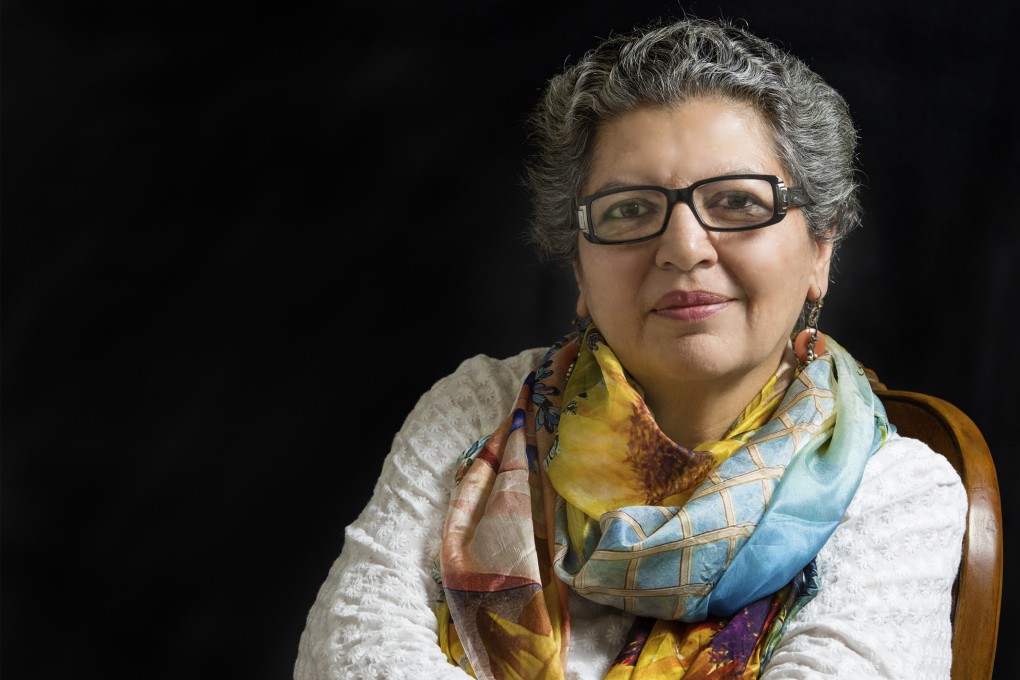India’s Muslim, multi-faith past in focus through one woman’s quest to combat ‘altered history’
- Teacher-turned-historian Rana Safvi is working to unravel India’s complex, diverse past as changes to school curriculums seek to rewrite history
- She aims to counter revisionism with ‘accessible’ accounts, as she documents the country’s oft-overlooked Muslim, Jain and Buddhist monuments

On a recent morning, the premodern historian ventured out to trace Mughal-period shrines in Shahjahanabad – an area of the capital known today as Chandni Chowk that corresponds to the original 17-century walled city named for Mughal emperor Shah Jahan.
“I taught history at the school level for years, trying to make it accessible for my students. When I began authoring books, it was with the same intent,” she said. “The idea was to write narrative history that everybody could relate to, and therefore help reduce misinformation.”

The history curriculum in India’s schools has undergone some sweeping changes in recent years, reflecting the authorities’ renaming of roads, stations – and even whole cities – in a bid to erase premodern or medieval Indian history from the public domain. One example is Mughalsarai Junction in Uttar Pradesh, a British-era railway station and one of the oldest in the country, which in 2018 was renamed to Deen Dayal Upadhyay Junction.